Graham Reid | | 1 min read
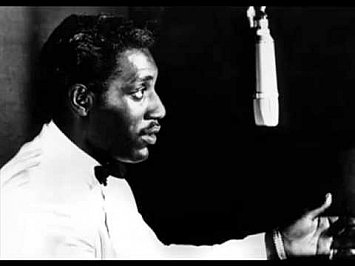
One of the greatest, most pain-filled soul songs, Dark End of the Street was written by producer Chips Moman (Elvis, Aretha, Waylon and many more) and Dan Penn (whose writing credits are so legion as to be too long to list).
And, for what it doesn't say, it is one of the most ambiguous lyrics too. Although they wrote it as a cheating song.
That is certainly in there – “hiding our wrong” – but some have heard it as about an interracial relationship or one that goes across lines of class.
There is tremendous tension in it too (“they're gonna find us someday”) and the sense of guilt and secretiveness (“if we should meet just walk on by”).
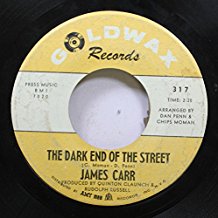 You can see why – with all these aspects – it has appealed to country artists as much as soul singers and although there is probably no definitive version, James Carr's recording – the first – remains a classic.
You can see why – with all these aspects – it has appealed to country artists as much as soul singers and although there is probably no definitive version, James Carr's recording – the first – remains a classic.
Carr – who died in 2001 after an erratic career which saw him disappear for many years because of mental issues – was an exceptional soul singer to be spoken of in the same breath as Otis Redding, OV Wright, Percy Sledge and – when he was moved by the hurt into a jog on the spot/foot stomping energy – James Brown.
He poured pure ache into a lyric (Otis' These Arms of Mine), found it in his heart to forgive while nursing regret (the wonderful Harlan Howard ballad Life Turned Her That Way), reached beyond the personal into the universal (Freedom Train) and took the Bee Gees' To Love Somebody to a Southern consciousness.
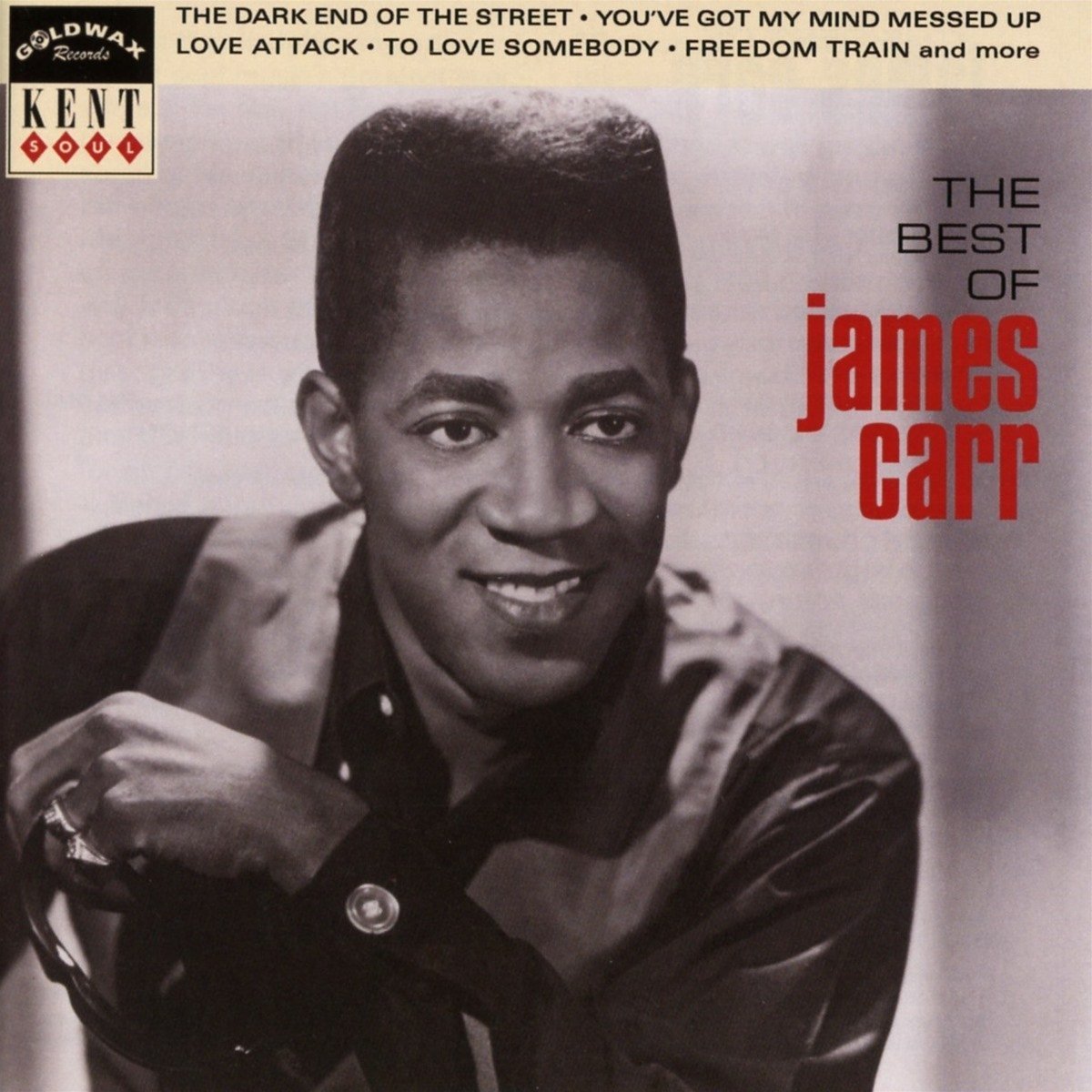 He was church and secular wrapped up in Memphis soul.
He was church and secular wrapped up in Memphis soul.
The 20-track The Best of James Carr (Kent through Border in New Zealand) opens with The Dark End of the Street, includes all those other songs mentioned above as well as Pouring Water on a Drowning Man, William Bell's You Hurt So Good, the wonderful A Man Needs a Woman and many more.
Widely considered one of the greats, Carr started in gospel but emerged in the Sixties when soul music was coming of age and he fitted right in, bringing that deep understanding of pain and redemption to secular lyrics.
He wasn't without the funk either.
This Best Of is as good as best gets.
For more one-offs, oddities and songs with an interesting backstory go to From the Vaults.

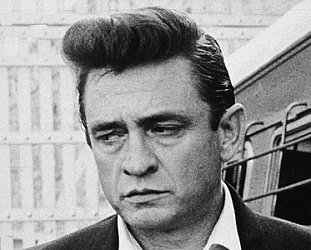
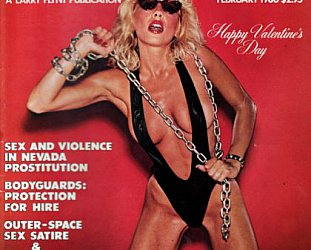

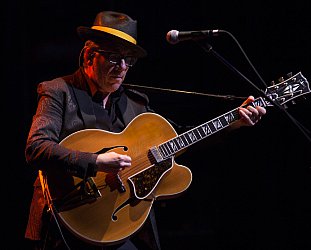
post a comment